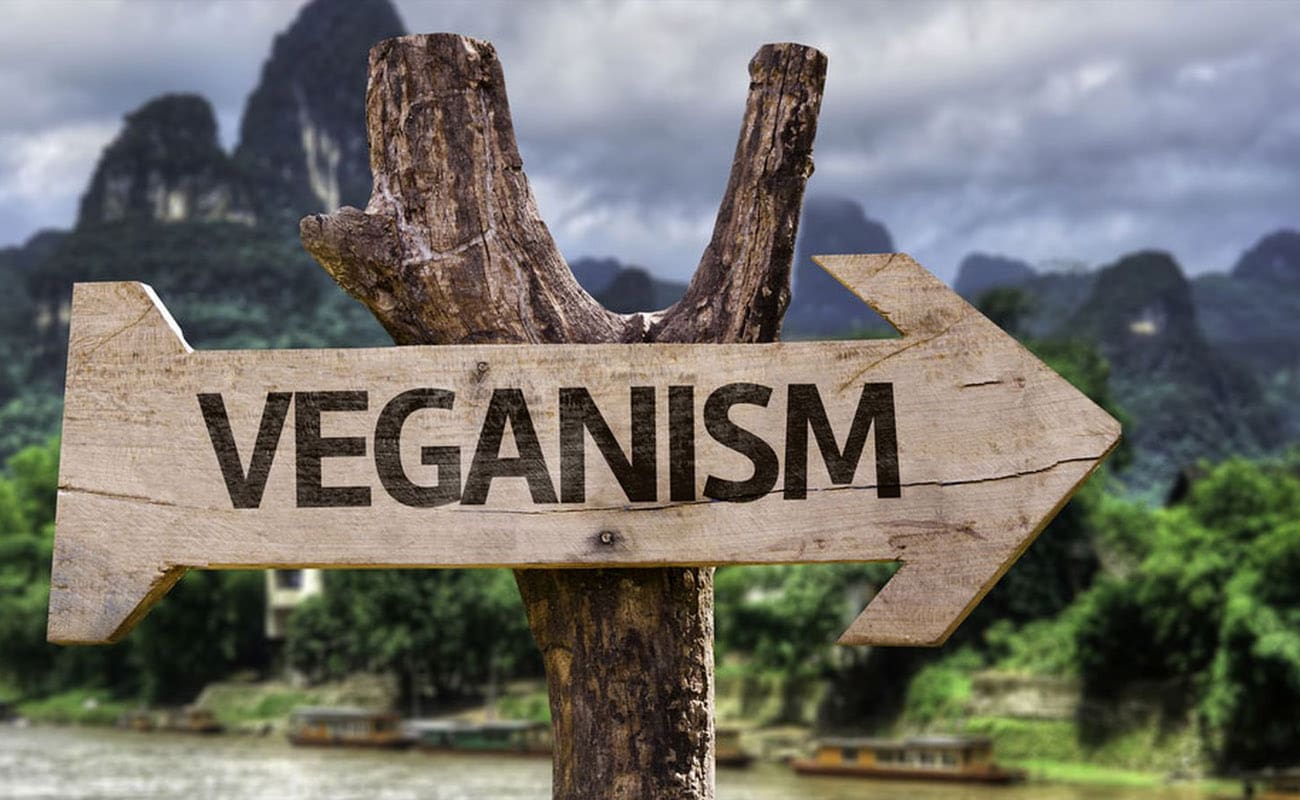Tips and Transitioning is a comprehensive guide designed to support individuals navigating the shift toward a vegan lifestyle with clarity, confidence, and intention. Recognizing that transitioning can be a multifaceted process—shaped by personal values, cultural influences, and practical constraints—this category offers evidence-based strategies and real-life insights to help ease the journey. From navigating grocery stores and dining out, to dealing with family dynamics and cultural norms, the goal is to make the shift feel accessible, sustainable, and empowering.
This section emphasizes that transitioning is not a one-size-fits-all experience. It offers flexible approaches that respect diverse backgrounds, health needs, and personal motivations—whether rooted in ethics, environment, or wellness. Tips range from meal planning and label reading to managing cravings and building a supportive community. By breaking down barriers and celebrating progress, it encourages readers to move at their own pace with confidence and self-compassion.
Ultimately, Tips and Transitioning frames vegan living not as a rigid destination but as a dynamic, evolving process. It aims to demystify the process, reduce overwhelm, and equip individuals with tools that not only make vegan living attainable—but joyful, meaningful, and lasting.
In recent years, there has been a growing trend towards adopting a vegan diet for various reasons, such as ethical, environmental, and health-related concerns. While eliminating animal products from one's diet can have numerous benefits, it also raises concerns about potential nutrient deficiencies. One of the essential nutrients that vegans may struggle to obtain is omega-3 fatty acids, which are crucial for optimal brain health. Traditionally, oily fish has been the primary source of these beneficial fatty acids, leaving many vegans wondering where they can get their omega-3s. Fortunately, there are plenty of plant-based sources that can provide the necessary levels of omega-3s without compromising one's vegan principles. This article will delve into the importance of omega-3s for brain health, the potential risks of deficiency, and the top plant-based sources that vegans can incorporate into their diets to ensure adequate intake of these essential fatty acids. With the right knowledge …


























































